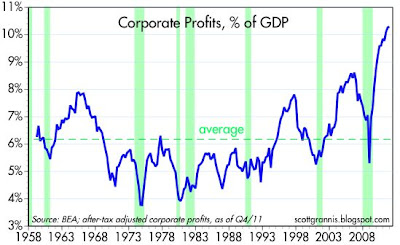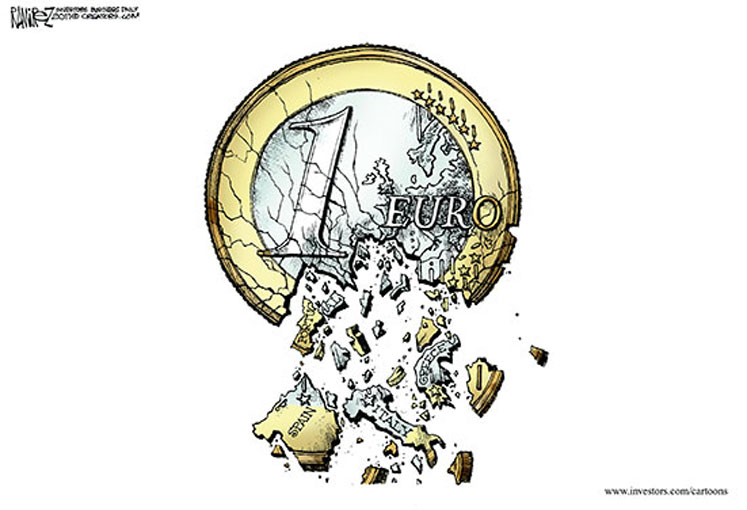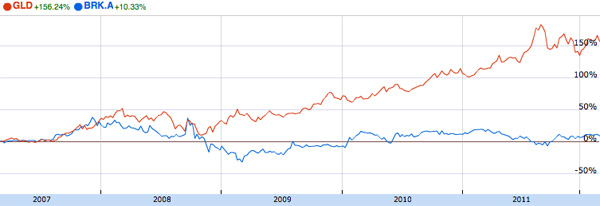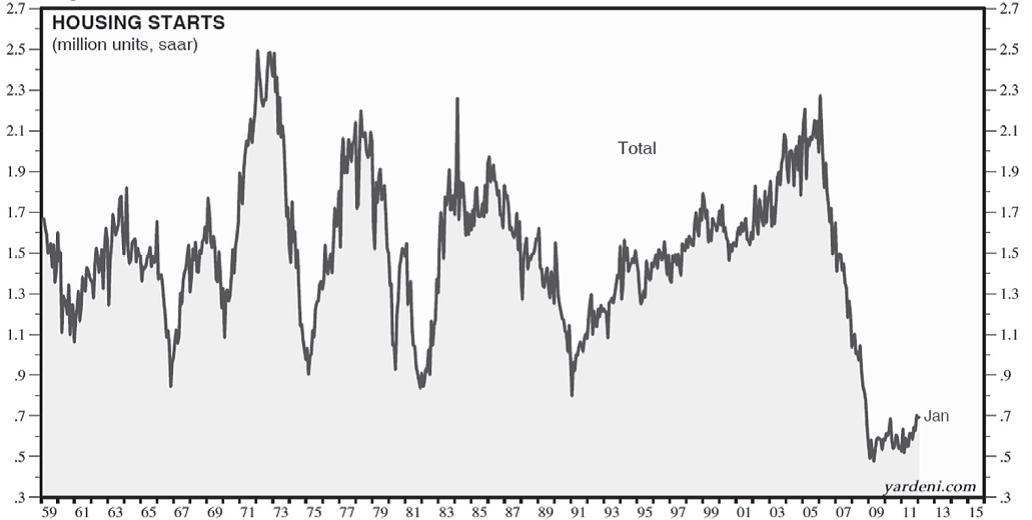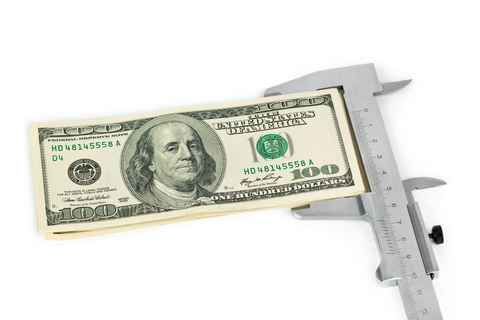Tonight at 7:30 PM (sorry for such late notice), Mr. Higgs, Ph.d (history and economics), who is an expert on the Great Depression, will speak tonight in New York City at the JUNTO. His books like Crisis & Leviathan or Resurgence of the Warfare State, the Crisis Since 9/11 have an insightful grasp of both history and economics. For a 19 minute radio interview of Mr. Higgs discussing why the current recovery has been so sluggish and the historical context go here:http://www.youtube.com/watch?v=tcFBoXgDsU0 Remember Charlie Munger’s Advice: Study History. This man can teach it!
See you there if you can make it.
PLACE: At the Junto (started by Victor Niederhoffer) this evening (Thursday, April 5, 20102)
General Society Library, 20 West 44 St., between 5th and 6th Aves., NYC near the Grand Central Terminal
TIME: Admission Free — No reservation necessary * We’ll socialize from 7:00pm. * The meeting begins at ABOUT 7:30pm with a discussion of current issues and events. * The featured speaker is introduced at ABOUT 8:00pm. * The meeting will continue to ABOUT 10:00pm.
SPEAKER: Robert Higgs will speak on: “Likely Politico-economic Legacies of the Current Crisis” He is a sr. fellow political economy, author “Leviathan” and many other books. He’s the editor of the Independent Institute’s quarterly magazine Independent Review. Here’s his bio, with links to his writing, multimedia, blog posts, presentations and working papers: tiny.cc/Higgs. In his Junto talk he’ll consider some of the most significant changes wrought by the economic crisis since 2008 and the government’s responses to it. For the near term, some legacies are fairly certain; for the longer term, the legacies are less certain, but we may speculate about the possibilities and their effects on government and the economy. His newest book will be released on May 1st. You can read about “Delusions of Power: New Explorations of the State, War, and Economy” at: tiny.cc/HiggsBook. Many of his presentations are available at YouTube: tiny.cc/HiggsVideo. His three-hour appearance on C-SPAN’s “In Depth” program on Book TV is here, in three one-hour sections: tiny.cc/HiggsDepth.
Junto
Junto is a group that shares information and discusses current issues... plus presents speakers to talk with us: Robert Higgs "Likely Politico-economic Legacies of the Current Crisis" Thursday, April 5th 7:30 PM Admission FREE DIRECTIONS: Subway: 4, 5, 6, S to Grand Central -- 42nd St. or B, D, F, 7 to 42nd Street -- Sixth Ave. at Bryant Park or A, C, E, N, Q, R, S, 1, 2, 3 to Times Square -- 42nd St. Bus: M1, M2, M3, M4, M5, M42, M98, M101, M102, M104, Q32 Train: MTA Metro-North Railroad to Grand Central Car: Some private parking facilities in the area. Parking on side streets is metered, limited to specific days and times. Please note: * Junto is not the usual sort of meeting with a long speech followed by Q & A. Junto's invited speakers give a short presentation and are challenged to defend their assertions. * Discussions are intense, but polite. Participation by all attendees is highly encouraged. * Junto meets on the first Thursday of every month, at the General Society Library, 20 West 44 St., NYC, between 5th and 6th Aves., near Grand Central Terminal ————————————————————————— Visit Junto's site for information on current and past speakers, read previous newsletters, to sign up for the Junto e-newsletter: NYCjunto.com Visit Junto on Facebook: on.fb.me/JuntoNYC


